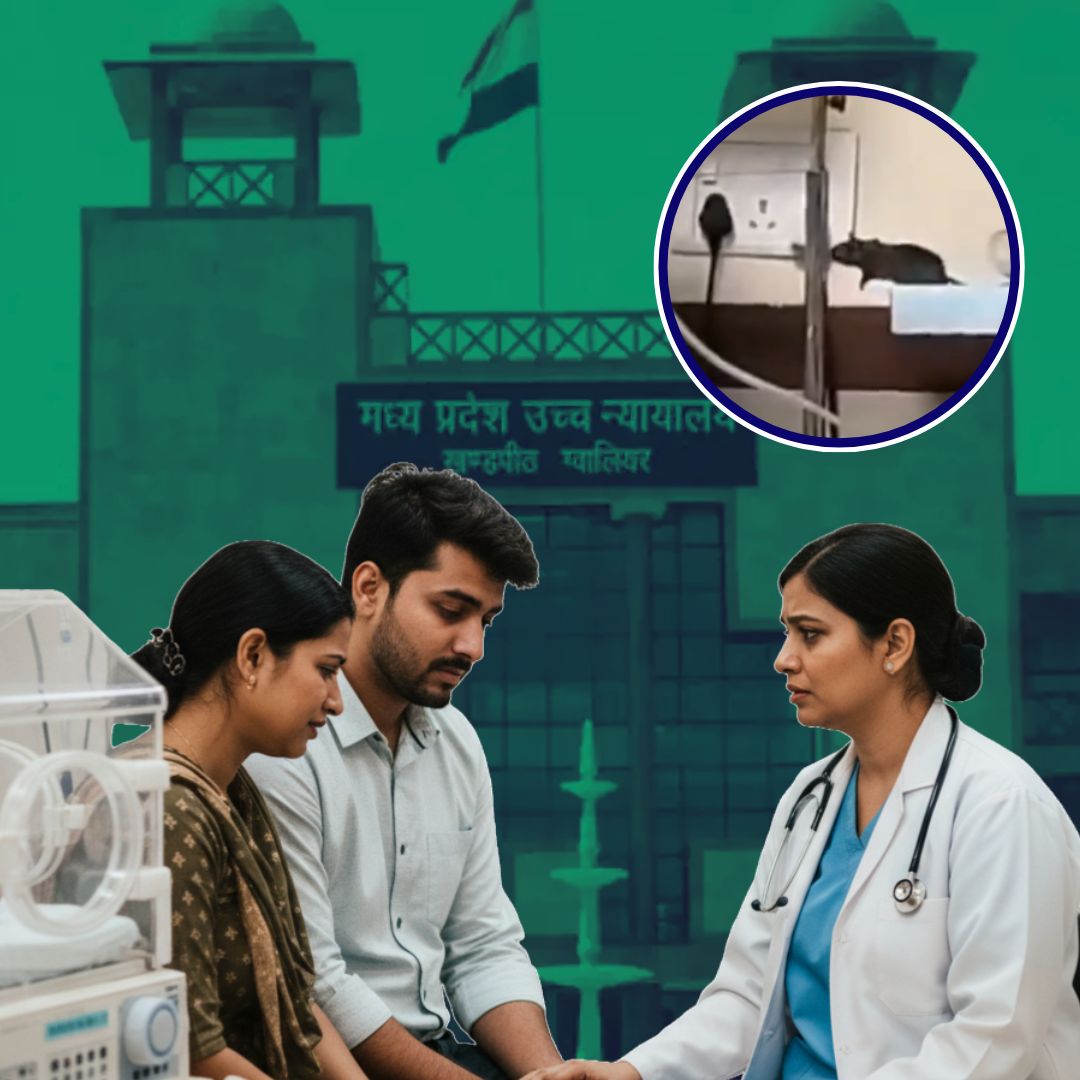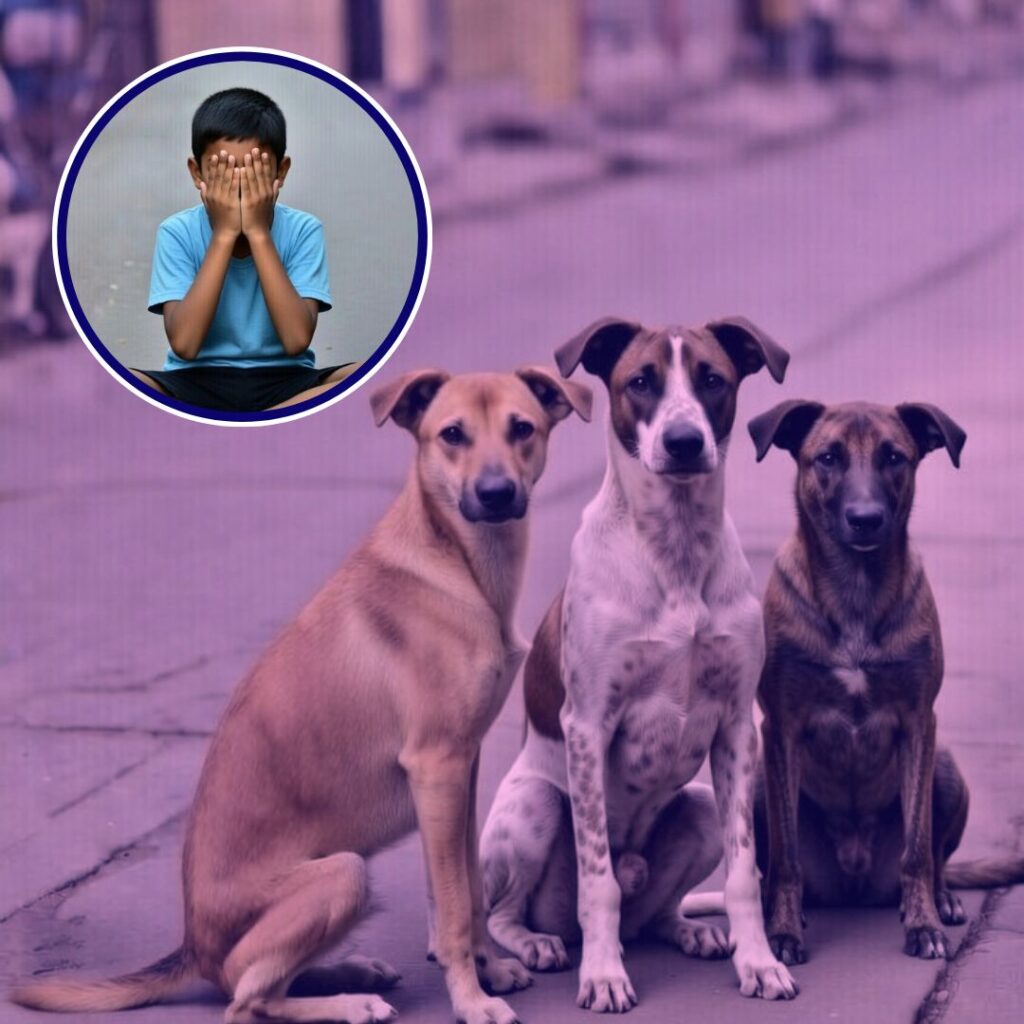The Madhya Pradesh High Court has taken suo motu cognisance of the deaths of two newborn girls at Maharaja Yashwantrao (MY) Hospital in Indore after they were allegedly bitten by rats in the Neonatal Intensive Care Unit (NICU) on the night of August 31 to September 1, 2025. The court issued a notice seeking a status report into the incident by September 15
The babies, admitted with congenital deformities and on ventilator support, died on September 2 and 3. The court has issued notices to key state and hospital officials, demanding a comprehensive status report by September 15.
The state government has cancelled the contract of the pest control agency and suspended or removed several senior hospital officials. However, hospital authorities have denied the cause of death as rat bites, attributing it instead to critical medical conditions. Families and civil society groups continue to demand accountability and criminal investigation.
Court’s Stern Criticism and Orders
The High Court bench, comprising Justices Vivek Rusia and Jai Kumar Pillai, labelled the tragedy an instance of “gross negligence” and a serious failure of public health duty. The justices expressed shock over the incident, emphasising that it violates the fundamental rights of the newborns to life and dignity.
Notices were sent to the Principal Secretary of Public Health, Indore Divisional Commissioner, District Collector, Police Commissioner, and the hospital’s head, mandating detailed explanations. An amicus curiae has been appointed to assist the court.
Hospital superintendent Dr Ashok Yadav has gone on medical leave amid these developments, while pediatric surgery head Dr Brijesh Lahoti has been removed and others suspended. The pest control agency, Agile Company, has had its contract terminated and been fined ₹1 lakh for repeated lapses. The court will review the matter on September 15 to assess further actions.
Hospital Conditions and Background Context
MY Hospital, affiliated with MGM Medical College, is among central India’s largest government hospitals but has long faced criticism for poor sanitation, overcrowding, and maintenance issues. Investigations revealed that critical safety protocols, such as mandated meetings of the Rodent Control Committee and Infection Control Committee, had not been conducted for months.
The infants, both from nearby districts Dhar and Dewas, suffered from congenital anomalies and were under ventilator care when bitten in the NICU by rats. The hospital claims their deaths were due to septicemia and congenital complications unrelated to rat bites, with post-mortem reports cited.
Families and local activists fiercely contest this narrative, highlighting evidence such as visible injury marks and demanding criminal charges for negligence. The National Human Rights Commission and National Commission for Protection of Child Rights have also issued notices seeking action reports from state authorities.
The Logical Indian’s Perspective
This heartbreaking incident casts a harsh light on the urgent need for improved hygiene, accountability, and systemic reforms in India’s public healthcare facilities. The basic safety and dignity of vulnerable patients, especially newborns in critical care, must never be compromised.
While administrative measures such as removals and contract cancellations mark initial steps, they fall short unless followed by transparent investigations and structural changes. Public hospitals must be safe environments that inspire trust, not places where preventable tragedies expose glaring neglect.
The logical approach demands collective vigilance, from citizens, authorities, and health professionals alike, to uphold the right to safe healthcare.











